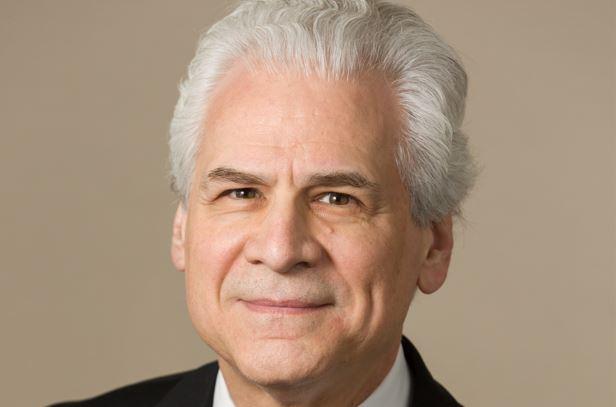The only Food and Drug Administration vaccine advisory panel member to abstain from a major vote this week that essentially authorized Pfizer’s COVID-19 vaccine for children as young as 5 said he did so because of limited safety and efficacy data.
All 17 others voted to advise the administration, or the FDA, to authorize the jab for children between the ages of 5 and 11. The agency already supported doing so and is expected to formalize the authorization soon. The Centers for Disease Control and Prevention would then decide which children should get the shot.






